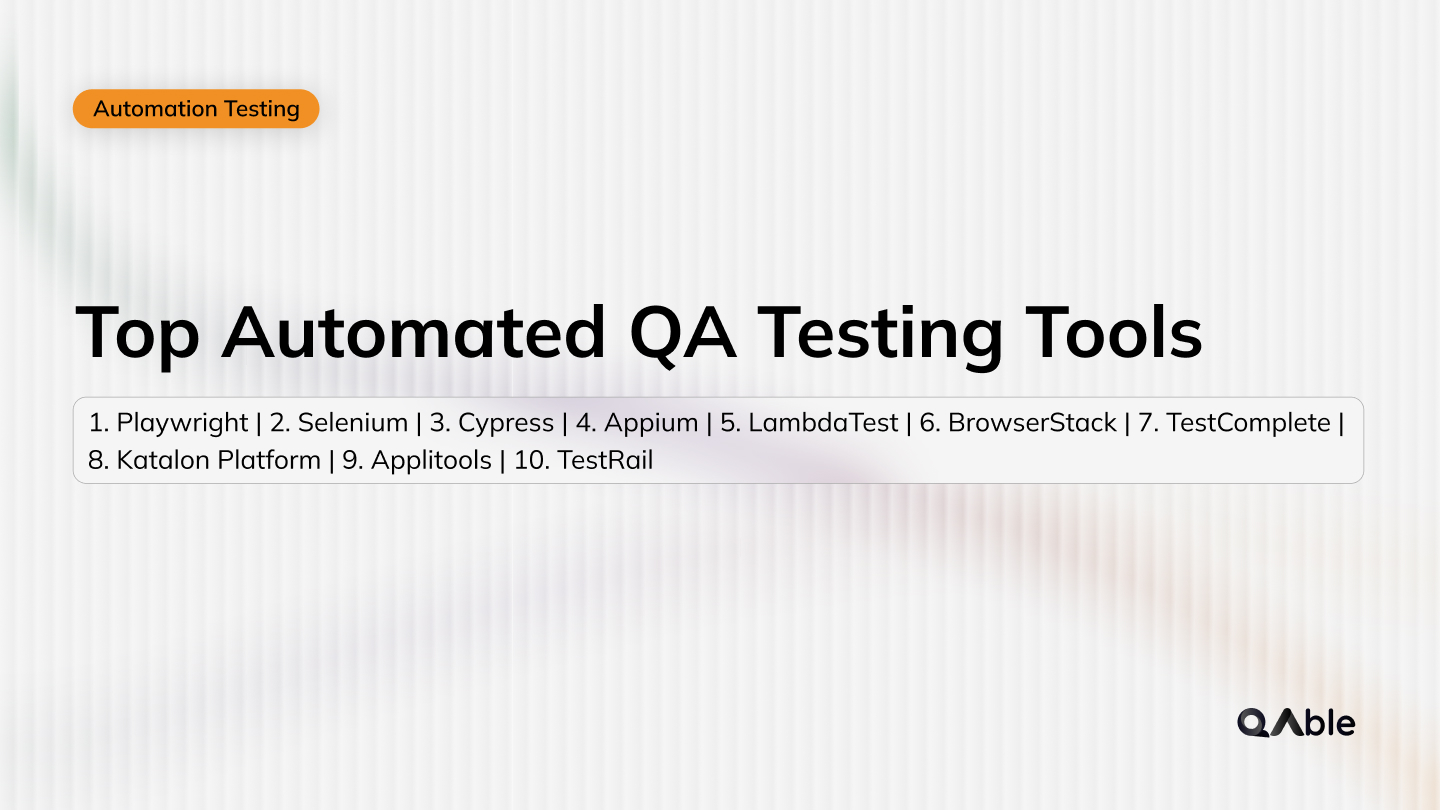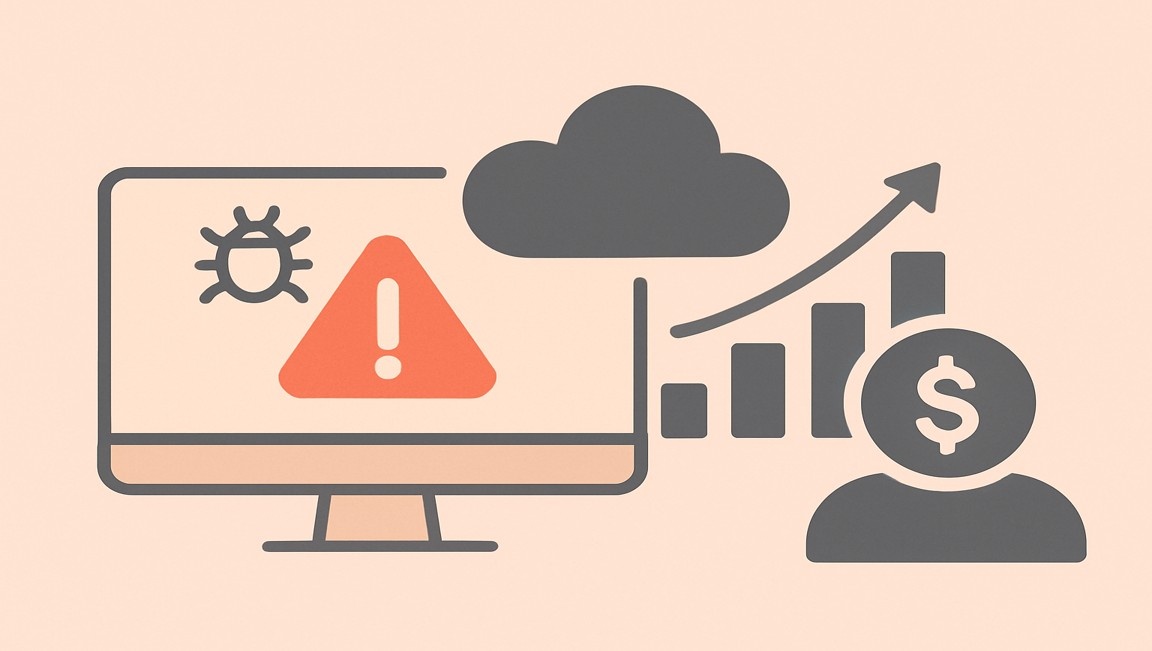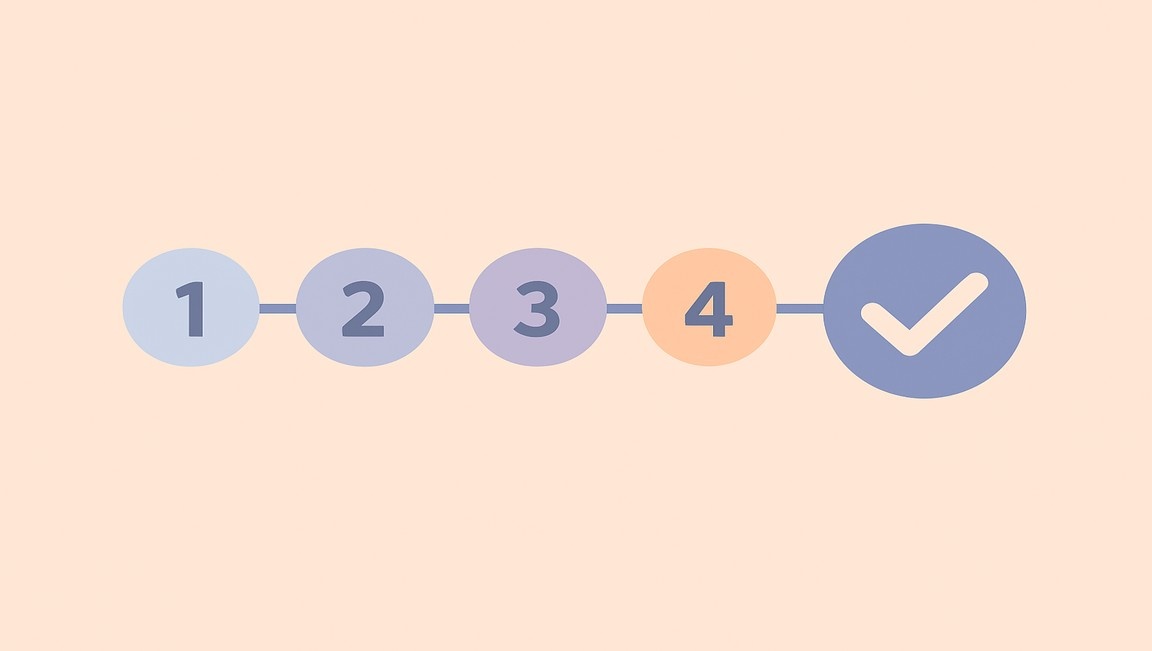Table of content
SHARE THIS ARTICLE
Is this blog hitting the mark?
Contact Us
Table of Contents
- What was the approach to testing when Google was just started?
If we talk about the world’s successful companies, the list will be incomplete without Google. The company does not need any kind of formal introduction, its name is enough. There will be hardly any of us in today's era who do not use Google.
The world is Google dependent now and if we say, we are living in a Google-driven era, we will not be wrong. But the stage is not acquired in a day or two. Huge effort and smart business tactics are behind the same.
Today we will get to know Google for its quality analysis approach. As we are a testing company in India and we always prefer to follow the practices adopted by the leading companies in the domain of testing.
Also, if you are looking to hire QA testers in India, we are here. Testing is an integrated part of software development and with the evolution of technologies, testing methodologies are also getting updated.
Further, Lary Page and Sergey Brin has established Google in September 1998. In the initial stages, Google followed the approach of the traditional software testing process, and keeping the traditional approach in mind they have adopted smart methodologies.
As we always say, we should be in synchronization with the technology and Google follows the same. Moreover, they are the founders of many technologies. Let’s see what we can learn from such an inspiring journey of Google.
Here, we will explore how Google tests software and what should we learn from Google. We know the rapid rate of competition and learning smart concepts will always help us in any way. So, let’s move towards the testing methodologies of Google.
What was the approach to testing when Google was just started?
As we have stated earlier, in the initial days, Google was more focused on the traditional testing process. This means they were more into manual testing of each module and functionality. During manual testing they had faced the following issues:
- Delayed bug inspection, delays the entire development cycle.
- Assuring products on the basis of manual testing became challenging.
- If the software is complicated and large-scale, manual testing does not suit.
With time, they have highlighted these issues and diverted their focus towards automation further fastening their development by maintaining the product’s quality.
Hence if we are looking to become a successful testing company in India or the world, we must know the loopholes in the process.
How does Google Tests Software?
Before jumping to their approach, firstly we need to make a few things clear. No one can become Google in one day or a few months. You need to have the courage to face failures. Further, the effort should be consistent and result-driven.
There are four important testing concepts that are considered by Google.
1. Think small & think quick:
Rather than releasing the large-scale application, focus on releasing it in chunks. Applications with limited features give space to the audience as well as make the testing more precise.
After the first release is made, collect feedback from the end-users and reiterate them for another chunk of the release.
In this way, the productivity of an application will be maintained along with the quality. Google always encourages the minimization of testing modules that further reduces the scope of errors. So small releases of the features quicken the velocity of testing.
2. More Focus should be on Testing rather than on the Team
In the traditional testing process, software engineers test their own code. Later on, the mistake is realized because the one who develops the code should not test it. Testing should be done with a different mindset.
Afterward, Google started giving dedicated roles to each individual. The one who is testing will not be involved in the development and vice-versa.
Also, disputes come between both the roles but that should not be the focus. The ultimate aim should be a bug-free end product.
3. Effective Communication
Communication has the power to resolve any issue. In spite of having different teams, testers and developers should work in synchronization.
They are isolated as a department but they need to be integrated to accomplish the mission of bug-free application. Testers should explain all the scenarios in black & white so that developers could perform their job. And developers should mention special cases so that testers could understand the real perspective and environment.
Hence if you are aspired to become one of the best software testing companies in India, make a note of these points. It will not only fasten the testing process but also gives more space to focus on new opportunities.
Also, competition is too high and we do not have time to learn by making mistakes. We should learn from others' experiences and mistakes. Only then we will be able to establish our identity as a renowned software testing company in India and the world.
4. Engineering roles given by Google:
Google has dedicated resources to fulfill the need for result-oriented testing. We should also acquire the same if we are looking for success. Here are the three Engineering roles:
- SWEs (Software Engineers): The resource is responsible for the development, architectural design, and documentation. Further, they should perform unit testing in order to test the code as per the shared requirement.
- SETs (Software Engineers in Test): The resource is responsible to build an automated unit testing framework. Further, their role revolves around the quality of the added features along with refractor code.
- TEs (Test Engineers): The resource is responsible to test an application from the perspective of the end-user. They have to think like them and perform testing. Testing UI features and automated APIs come with their job responsibility.
Additionally, they must have knowledge about the product, rate of competition, and market standard. Their ultimate aim is to make the product’s launch successful.
Final Thoughts:
At QAble we have also bifurcated the resources depending upon their responsibilities. By doing this we get more accurate results, which further boosts our confidence. So, if you are looking to hire testers in India, try our resources and feel the difference.
Discover More About QA Services
sales@qable.ioDelve deeper into the world of quality assurance (QA) services tailored to your industry needs. Have questions? We're here to listen and provide expert insights


Nishil Patel is the Co-founder of QAble, delivering advanced test automation solutions with a focus on quality and speed. He specializes in modern frameworks like Playwright, Selenium, and Appium, helping teams accelerate testing and ensure flawless application performance.
.svg)














.webp)
.webp)
.png)
.png)











.png)



.png)

.png)

.png)





.jpg)













.webp)

